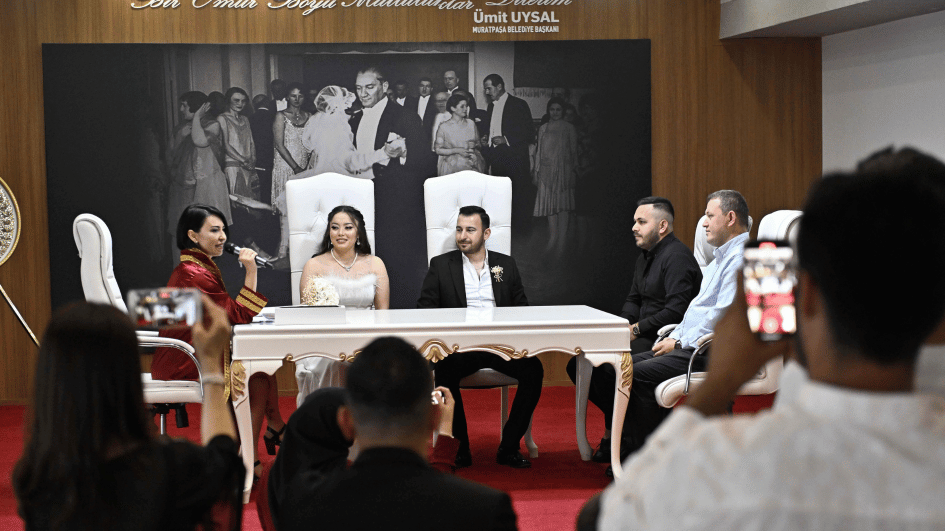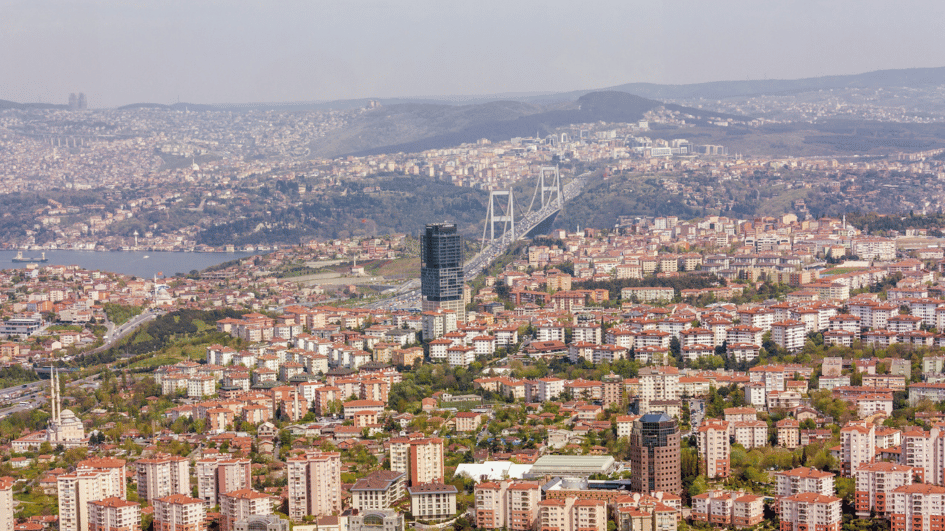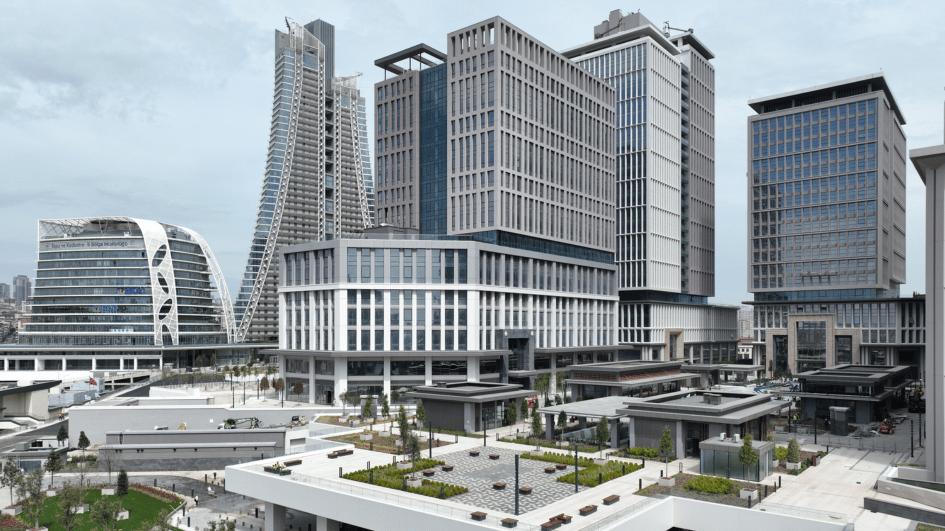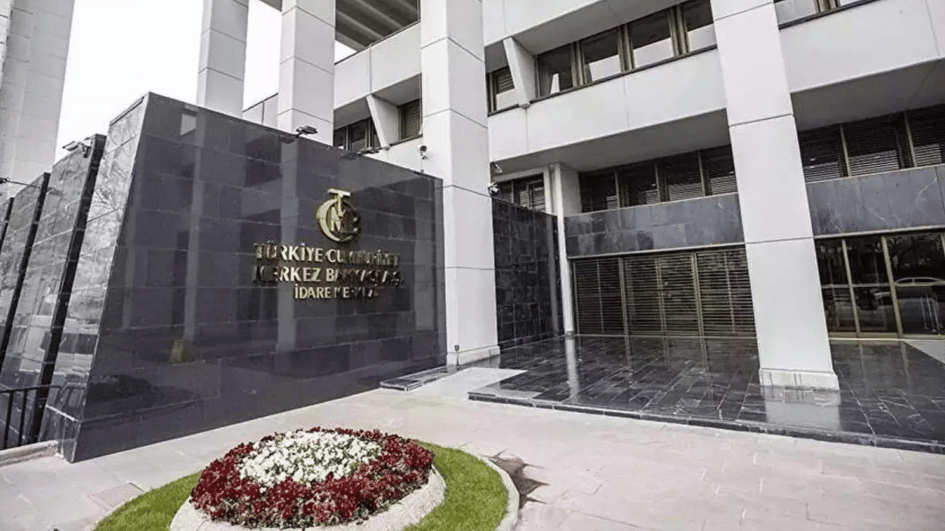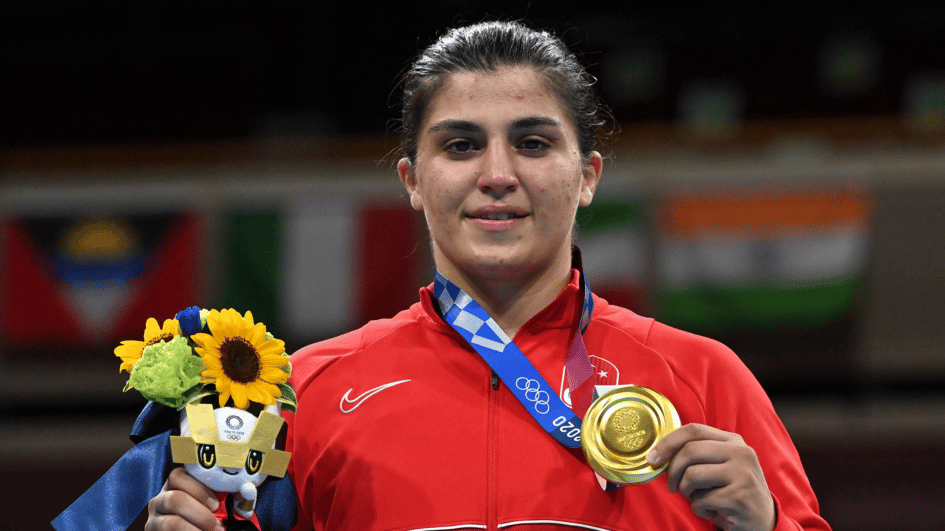Kidnapping children
Well, indeed, thank God there has been no bloodshed. However, the issue is growing; the outlawed Kurdistan Workers’ Party (PKK) has mentioned a “come back.”
It was known that those taking to the mountains (an idiom used for joining the PKK) and those being kidnapped to be taken to the mountains have not stopped. With the protests of 11 families whose children were kidnapped and called on the PKK to release their children, the PKK’s kidnappings climbed to the agenda of Turkey.
Can you imagine, “kidnapping?”
Children between the ages of 14 and 23, most of them taken from their schools and kidnapped by the PKK to take to the mountains!
A mother was crying for her only son to be released, who she said was born through the “test tube baby method.” Another mother was screaming, “My son is diabetic; if he doesn’t take his pills he will die.” They are 11 of the mothers whose hearts are burning with the grief of losing their children, who are able to stage an open protest…
Humanistic insensitivity
According to the Peace and Democracy Party (BDP) Provincial Office’s statement, these mothers are “two or three insolents provoked by the fascist Turkish police.”
The co-chair of the People’s Democracy Party (HDP) Sebahat Tuncel is able to say on the issue of the abduction of children, “This is not our issue.” Couldn’t she at least utter a few pale-faced words as “We do not approve of child kidnapping?”
Finally, Selahattin Demirtaş, co-chair of BDP, did not criticize the incidents, but said they would take initiatives for the release of the children.
The PKK, on the other hand, said in its statement, “There is an age limit for joining the organization. Those who are not suitable will be sent back. Some children who are under risk will not be sent back, but trained for non-combat fields.”
For the organization and its supporters, the concept of “children” is not an issue of any humanistic sensitivity; they view them as a “machine.”
While arms continue
Tuncel has suggested, “Jails be emptied and people not take to the mountains. Those in the mountains should come and participate in politics, but the democratic political channel is not open.”
Well, but in a democratic regime, to be able to open the political channels to an armed organization is only possible with the public believing in the organization’s laying down of arms. The PKK, on the contrary, does not ever let go of the armed threat.
Öcalan had said in the statement during Nevruz 2013, “It is not arms, but politics that are now coming forward. We have come to the stage that our armed elements withdraw beyond the borders.” The majority of the public supported the “resolution process” with the hope that a period without arms was to start; however, the PKK withdrew only a small portion of its militants…
Moreover, Cemil Bayık told Reuters on Oct. 22, 2013, “We are preparing to send back the withdrawn PKK members.” He repeated these words on Feb. 3, 2014. They are keeping their “armed elements” active by blocking roads, torching construction equipment and construction sites, sabotage and kidnapping men and children.
The PKK, which has fortified its armed elements, is staging several acts to prevent the state from building police stations.
How can you trust that an “unarmed period” has started?
Moral responsibility
After Balkan nationalism, Kurdish nationalism historically and sociologically has become a very important factor in the Middle East. In the history of the 21st century, Kurds will also exist politically. Wisdom and conscience calls for this to advance bloodlessly, in democratic methods and whatever its natural course is…
However, the PKK is continuing being an armed organization against the state and wants to keep the majority of the Kurdish people under pressure with armed threats.
With these acts, the PKK wants the state to respond with arms and draw a picture of “an organization that wants peace; a state that sheds blood.” This trap should be avoided carefully.
It is important that Kurds raise their voices against this totalitarianism of the PKK and democrats also criticize this totalitarianism with a determined stance. At this stage everybody who cares for human and democratic values has a moral responsibility.



